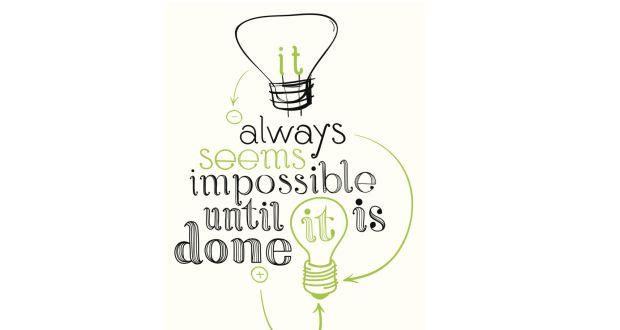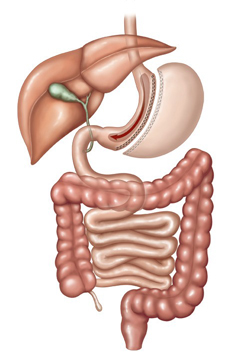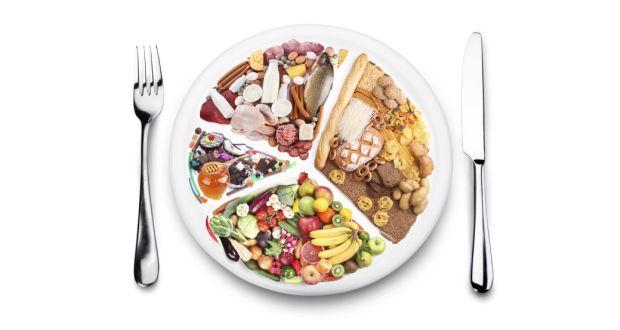1. Alternate-Day Fasting:
On fast days, you can eat only 500 calories. Alternate days have no food or calorie restrictions.
Pros:
- Eat what you want, every other day.
- You only have to count calories on your fast days.
- The method is well-tested and proven safe and effective in numerous human trials.
- Fasting every other day decreases cholesterol, triglycerides, and blood pressure.
- You'll burn more body fat than you would with daily dieting.
Cons:
- Limiting yourself to 500 or fewer calories every other day may leave you with low energy on fast days.
- You might get headaches and have difficulty sleeping for the first week or more.
- Your fast days may interfere with your social life, and they'll be tough to maintain if you're cooking for a spouse or your family.
MORE: 5 Safe Ways To Try A Fasting Diet (And Why You'd Even Want To In The First Place)

2. Time-Restricted Eating:
Limit eating to an 8- to 10-hour window—for example, between 9 AM and 7 PM.
Pros:
- Eat what you want during your window.
- No calorie restrictions: Mice on this diet lose weight even if they eat the same number of calories as mice allowed to eat throughout the day.
- The diet appears to reduce inflammation and improve brain function and blood pressure control.
- If you schedule your eating window for early in the day—say between 7 AM and 5 PM—that's when your metabolism and blood sugar control are at their highest. This may help you burn calories more effectively and stay healthier.
MORE: 7 Tricks For Eating Less Without Even Realizing It
Cons:
- The limited window for eating can interfere with your social life.
- The most effective version of this diet—eating earlier in the day—would be difficult to maintain with a spouse and family.
- There are no studies in humans yet




